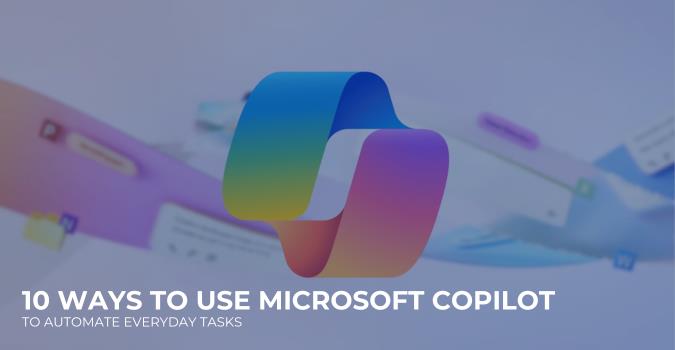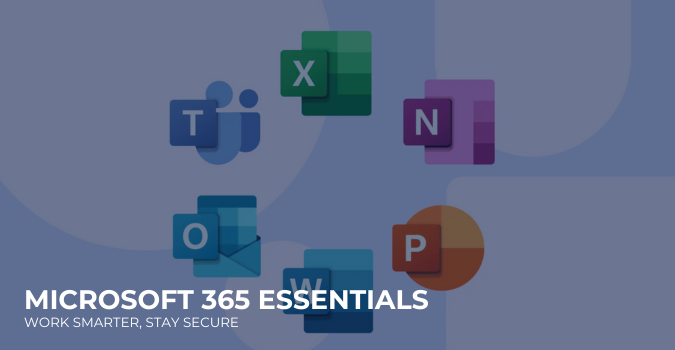In healthcare, instant access to patient data could be critical. If doctors can’t get the patient’s
info they need, the standard of healthcare can be severely compromised with potentially
unpredictable consequences.
The privacy and security of patient health information is a top priority for patients and their
families, health care providers and professionals, and the government. Laws require many of the key
persons and organizations that handle health information to have policies and security safeguards
in place to protect your health information — whether it is stored on paper or electronically.
This means that the data privacy and storage is of vital importance in healthcare. Downtime must be
avoided at all costs. However the data storage and privacy has become increasingly diffi cult,
time-consuming and expensive for healthcare organizations.
REASONS
There are several reasons for this. To begin with, the volume of healthcare data is growing at an
astronomical rate, driven in part by necessary efforts at healthcare organizations to digitize all
their patient health records.
Another driver of data growth is diagnostic devices like CT scanners, MRIs and X-ray machines,
which produce massive amounts of imaging data. As these technologies continue to advance, the image
files they produce become better, have higher resolution and grow larger and larger in
file-size. Connected devices like fitness monitors and in-room sensors all produce their own
streams of data, all of which must be stored and managed.
The storage demand at even a small medical practice can quickly reach petabyte-size. However the
challenge does not stop there – as the data grows, the time, budget and resources required to
store,
protect and manage this critical patient data grows as well.
SOLUTION
Medical Practices need proper data backup and security management solutions that delivers con-
stant data availability. The solution must be reliable and cost effective, also covers Virus
protection covering ransomware and cyberattacks, because healthcare organizations are increasingly
under attack from a growing list of threats.
Data breaches in health care come in a variety of forms. They can include cases in which criminal
hackers steal protected health information to commit medical identity theft, or instances when an
employee views the records of one patient without authorization.
This is partly why healthcare suffered more ransomware attacks than any other industry in 2017,
according to a report from global cybersecurity insurance company Beazley. The report found that 45
per cent of all ransomware attacks in 2017 were aimed at the healthcare sector.
GOOD NEWS
The good news is that the market also offers solutions designed to handle the ever-increasing amounts of
healthcare data securely and cost-effectively, ensuring that quality care is never risked by lack
of access to vital information.
SECURE YOUR PRACTICE
Here are five ways healthcare organizations can also protect themselves against the triple threat of out
of control data costs, system downtime and loss of data integrity:
1: Look for converged primary and secondary storage
To properly deal with explosive data growth, healthcare centers need to integrate primary,
secondary and cloud data-management capabilities which can eliminate storage and data protection
silos while decreasing the risk of any downtime.
2: Benefit from cost-effective, scale-out storage
Small and medium-size healthcare practices with fewer resources and smaller budgets, need scalable
storage that will adapt to their data needs.
3: Protect against data degradation
Medical images, in particular, are highly vulnerable to data degradation. The silent corruption of
data in medical images caused by bit rot is a significant concern. The problem is compounded
because legacy systems store images such as X-rays to a picture archiving and communication system
However, may not detect if data has been compromised. As a result, the information read from the legacy
storage system may be corrupt and unusable. Healthcare organizations also need modern data solutions
that can guard against this kind of data degradation.
4: Inoculate against ransomware
Data protection is also top priority for practices as they battle against the constant threat of
cyberat- tacks. However, modern healthcare practices solve this issue by implementing a storage solution
that protects information continuously and takes data also take snapshots every 90 seconds. Because the
object store is immutable, these snapshots remain completely unaffected in the event of an attack.
As a result, medical practices can recover the most recent version of data, and thus thwart any
ransomware attack.
5. Insist on a tangible ROI
Cyberattacks are increasingly common and as a result, practices are seeking insurance policies that
provide coverage in the event of a data breach or loss.
Dollar value by insurance companies as part of the risk assessment, this can also quickly add up to tens
of mil- lions of dollars in premiums. However, these insurance premiums can be reduced when
practices can also demonstrate they have effective data management and protection strategies in place.
With the right data management solution, healthcare facilities can not only protect their data and
decrease costs, they can also better treat their patients and ultimately save more lives.
For more information, please visit Medical IT Services




